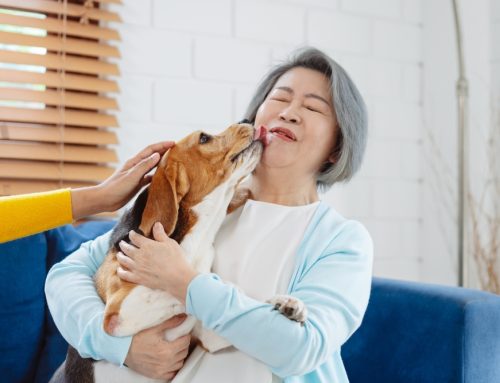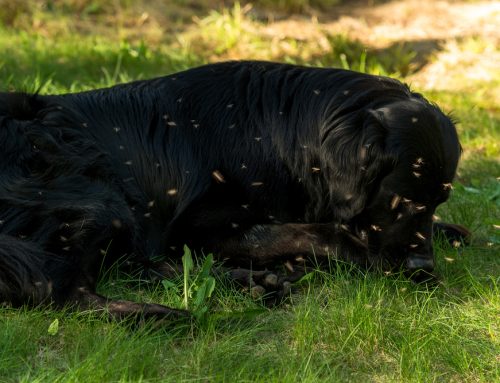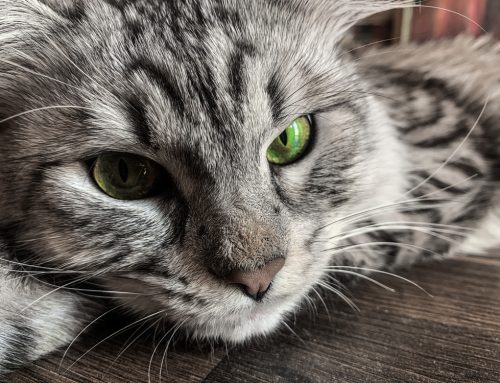
Anyone who has visited the vet’s office in the days following a holiday can tell you that they are some of the busiest days of the year. Thanksgiving pet safety tips can help you avoid this hassle.
Knowing the most common Thanksgiving Day pet hazards
Extra treats:
Overindulgence of tasty treats can upset the digestive system, resulting in vomiting, diarrhea, or both. Your veterinarian may need to prescribe medications and/or recommend a special diet in order to shorten the duration and severity of symptoms.
Fatty foods:
Rich foods that your pet is not used to may trigger inflammation in the pancreas causing abdominal pain, digestive upset, anorexia, and lethargy. Some cases of pancreatitis may require hospitalization and intensive care.
People foods:
Be sure to remember that not all the foods on your plate are healthy or safe for your pets. While it is safest to avoid feeding any people foods, the following should definitely be avoided:
- Grapes/raisins: Even just a few can result in serious kidney failure in some animals.
- Onions/garlic: Digestive upset or damage to the red blood cells can result. Cats are more susceptible than dogs.
- Chocolate: Depending on the type and amount ingested, chocolate can cause gastrointestinal disturbances, heart arrhythmias, and even death.
- Macadamia nuts: These can cause depression, vomiting, and tremors in pets.
- Xylitol: This artificial sweetener causes the release of insulin, resulting in low blood sugar and liver failure.
Garbage:
Ribbons and string-like objects can be tempting (especially strings that have been used to package meat). If ingested, string can become lodged in the digestive tract. This can block the normal passage of food or even cause damage to the intestines. Bones that may be in your trash can get stuck around the jaw or lodged within the mouth or intestines, requiring surgery. Small sharp bones may cause perforations on the way out.
People:
Scared pets may escape from the house during the hustle and bustle of a holiday get-together. Be sure to give them a quiet space where they can rest quietly and securely. Also be on the lookout for guests “sharing” their food. Just because you know what kinds of problems can occur does not mean everyone does.
During this holiday season be on the lookout for things that may harm your pet so that you can steer clear of the vet’s office. Be prepared, though, and keep your veterinarian’s number close at hand. We hope that you have a wonderful Thanksgiving!






